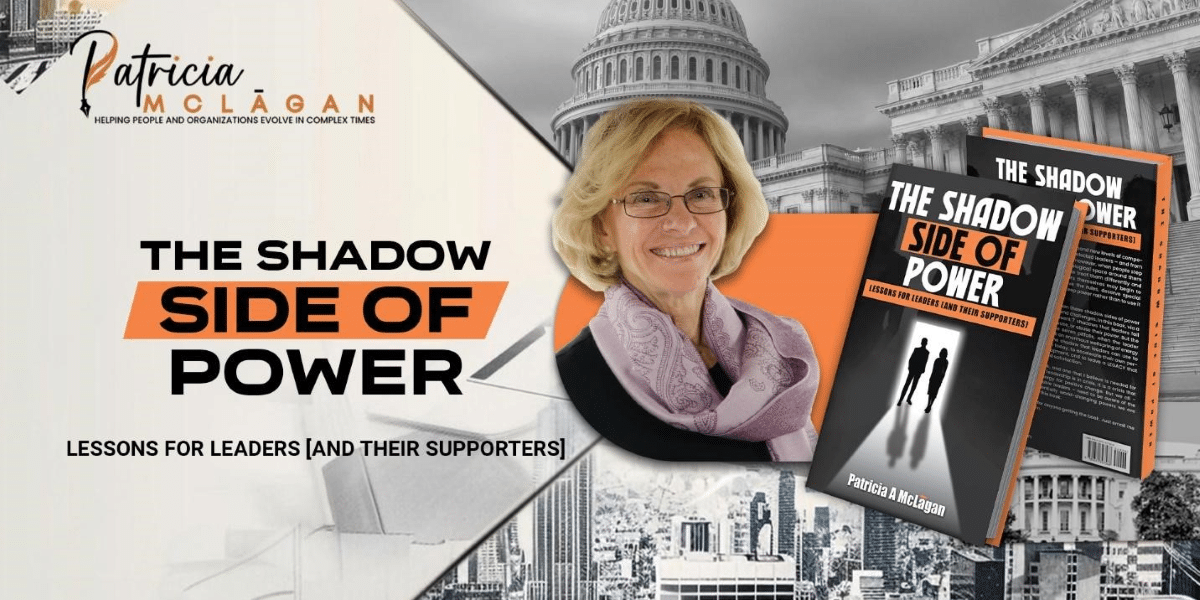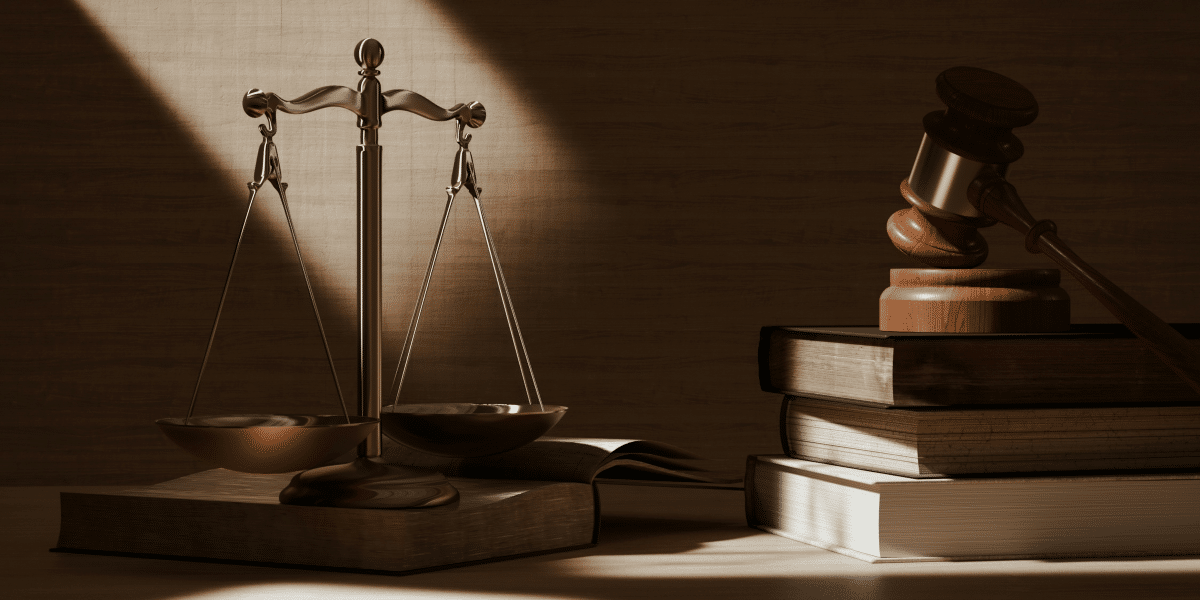By: Seraphina Quinn
Leadership is often assumed to be all about vision, charisma, and authority. However, power doesn’t just build legacies—it can also destroy them. Patricia McLagan, a leadership expert with over 50 years of experience working with organizations like NASA, Citibank, and the South African government during apartheid, has witnessed firsthand people’s misconceptions about power. In her latest work, she reveals how mishandled leadership can quickly become a dangerous weapon.
With her sharp wit and extensive experience, McLagan exposes the hidden complexities of authority, demonstrating how easily it can shift from a force for progress to a tool for destruction. Throughout her career, she’s encountered leaders who treat their positions as extensions of personal power—this is where the problems begin. While the cliché with great power comes great responsibility is well-known, McLagan emphasizes the lesser-known truth: power also brings great temptation. It’s not just a tool for strategy or profit; it can be wielded to marginalize, manipulate, and exploit—and this misuse happens far more often than we admit.
If leading is difficult, what McLagan calls leadership hell is far worse. In her latest book, she guides readers through the seven layers of this metaphorical nightmare—a journey that illustrates how power, when abused, can have devastating consequences. This isn’t a dry leadership manual; it’s a narrative-driven exploration of power gone wrong.
At each layer, leaders face the fallout from their actions, from subtle manipulation to outright abuses of power. The deeper they go, the more severe the consequences until they reach the worst offenders—those whose corrupt practices have caused long-term harm, whether by damaging the environment, spreading misinformation, or fostering toxic workplaces.
Although McLagan’s approach is fictional, her lessons are very real. She argues that leaders often become so focused on their image and authority that they fail to recognize how close they are to cross ethical lines. She’s seen leaders make decisions that seemed innocuous initially but spiraled into chaos because no one paused to consider the consequences.
A core idea in McLagan’s work is that power is never truly owned—it’s borrowed, often from the people who work under or alongside you. When leaders forget this, everything unravels. Whether it’s a CEO pushing a self-serving agenda or a political figure manipulating voters for personal gain, the result is the same. Once personal ambition takes over, the system begins to crumble.
Importantly, McLagan doesn’t place the blame solely on leaders. Followers are equally responsible, as they play a role in either enabling or resisting a leader’s abuses. Power dynamics are shifting in this era where social media amplifies every voice and scrutinizes every leader’s move. Misusing power without consequences is becoming harder, but that doesn’t stop some from trying.
Most leadership books and seminars focus on inspiring others, being decisive, or having a clear vision. McLagan flips this idea on its head. While those qualities are important, the real challenge is simpler—and much harder. It’s about doing the right thing when no one is watching.
McLagan emphasizes the importance of character—not the kind displayed in boardroom presentations, but the kind that dictates how leaders treat people when the spotlight is off. Leaders must constantly check their egos, reminding themselves that their power can vanish as quickly as it appeared.
One of McLagan’s most startling insights is that leadership doesn’t just test your skills—it tests your morals. She vividly illustrates how easy it is to slip into bad habits, like favoring those who agree with you or silencing dissent. These seemingly small failures can quietly undermine everything a leader has worked to build.
Another layer of power that McLagan explores is emotion. Followers often project feelings of loyalty, fear, or admiration onto leaders without realizing it. This emotional connection explains why people support leaders even when acting against their best interests.
The danger lies in how some leaders exploit this emotional bond. McLagan shows how this manipulation plays out in both politics and business. A charismatic leader might remind followers of a parent, triggering subconscious feelings of safety or fear. Before long, followers are blindly supporting decisions without questioning them. It’s a psychological game that many leaders play without ever being held accountable. McLagan urges followers to be more aware and critical, recognizing when they’re being manipulated.
As technology transforms how we work and communicate, McLagan sees leadership evolving. With the rise of AI, instant communication, and transparent social platforms, leaders no longer control the flow of information. Power is more diffuse, putting leaders under greater pressure to act ethically and making it harder to hide misdeeds.
Leadership isn’t for the faint of heart. It’s a delicate balancing act between using power for good and resisting the temptation to abuse it. Leadership can be among the most rewarding roles for those willing to take on the challenge. But McLagan warns that leadership is as much about resisting your worst instincts as embracing your best.
Published by: Nelly Chavez







